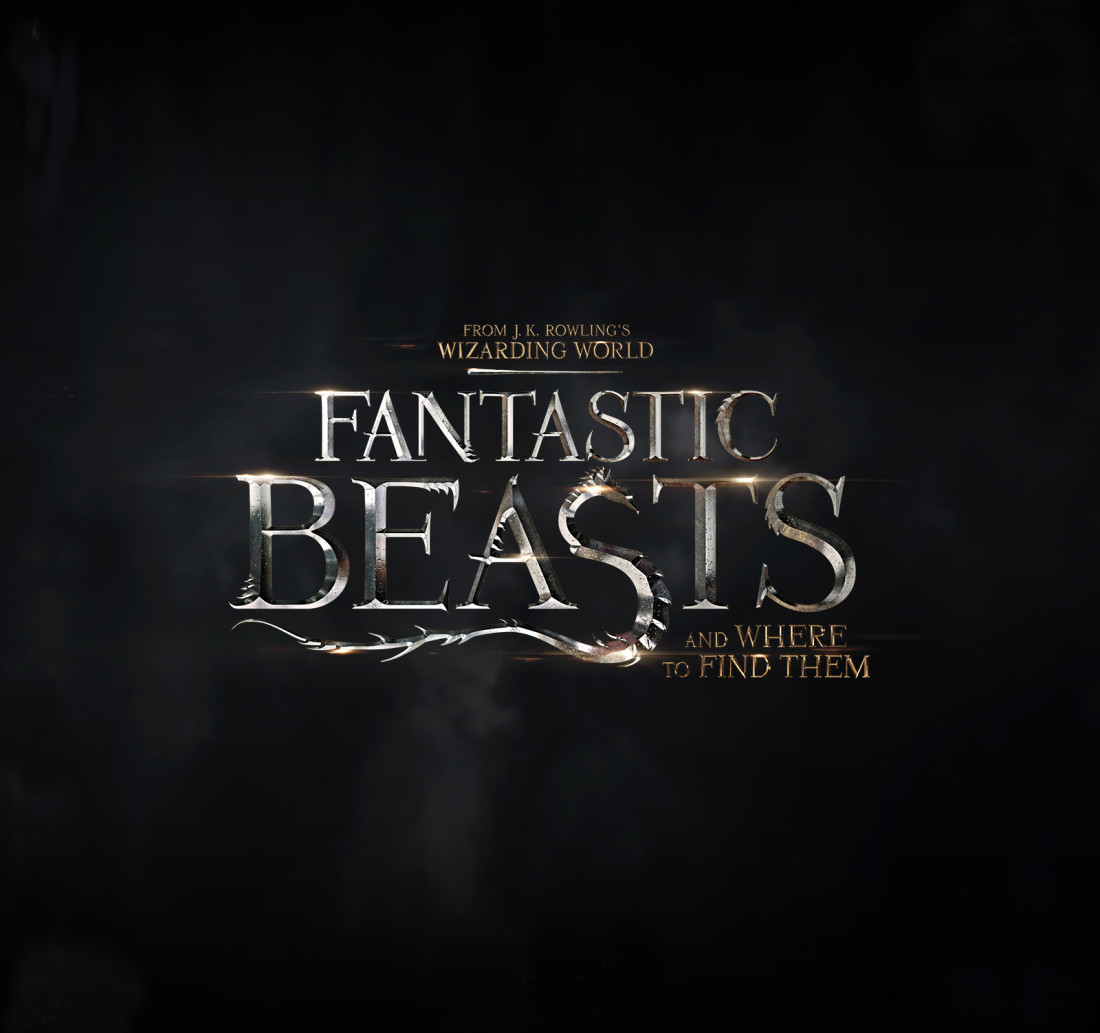Fantastic Beasts Producer Says Diversity Will Be “Organic”

While J.K. Rowling has made the statement “Everyone in #FantasticBeasts is not white.” and assured us that we should wait to judge (since it’s a trilogy), there’s been a conspicuous and concerning lack of diversity in Fantastic Beasts news.
This is especially frustrating when 1926 New York City is such an important time period in terms of movements like the Harlem Renaissance. Of all the casting news, we know of two women of color, neither of which are part of the central cast. Executive producer David Heyman recently spoke to EW about the critique:
Like all of Jo Rowling’s works, [Fantastic Beasts] is populated with a variety of people and that will be the same in this series over the course of the films. There will be people of various types of ethnicities. In New York in the 1920s, there was a segregation between white and black, the neighborhoods were largely separate, and that is reflected in [the film]. But the wizarding world is a much more open and tolerant society where people of color and different ethnic backgrounds exist harmoniously together. There are people of color filling this world in an organic way.
I think it’s important to point out that the Harry Potter films were in desperate need of more diversity, so I’m not sure if aiming for the “same” is necessarily the way to go. I also feel like Heyman is saying that there’ll be plenty of people of color in the background, and that’s sufficient. Similarly, the word “organic” is snagging for me, because what would “inorganic” look like? I might be reading into this a bit too much, but this explanation doesn’t really do it for me.
We learned that Fantastic Beasts will feature Newt discovering that the American wizards live in fear of being outed and discovered by the No-Mags. The EW article (note: this is not a Heyman quote, so there’s room for misinterpretation here) claims that the diversity criticism is “ironic” because the film is a story about “acceptance (an anti-bigotry message that also recurred in the Potter books and films).” This is frustrating because a racism metaphor (muggle-born vs pureblood/wizards vs No-Maj) isn’t a substitute for actual diversity. It doesn’t work like that.
This argument goes along the same veins of “grey people count as diversity” or arguing that diversity doesn’t matter because “stories are supposed to be universal.” It’s like the X-Men films having tons of LGBTQ+ subtext, but not actually including any explicitly LGBTQ+ characters (or POC). The underlying message is valuable, but fails to really act on their words.
I’m excited to see Fantastic Beasts and Where to Find Them, and I really hope that the casting news and statements are just a poor representation of how the actual film will go. What did you think about Heyman’s response?
—Please make note of The Mary Sue’s general comment policy.—
Do you follow The Mary Sue on Twitter, Facebook, Tumblr, Pinterest, & Google +?
Have a tip we should know? tips@themarysue.com